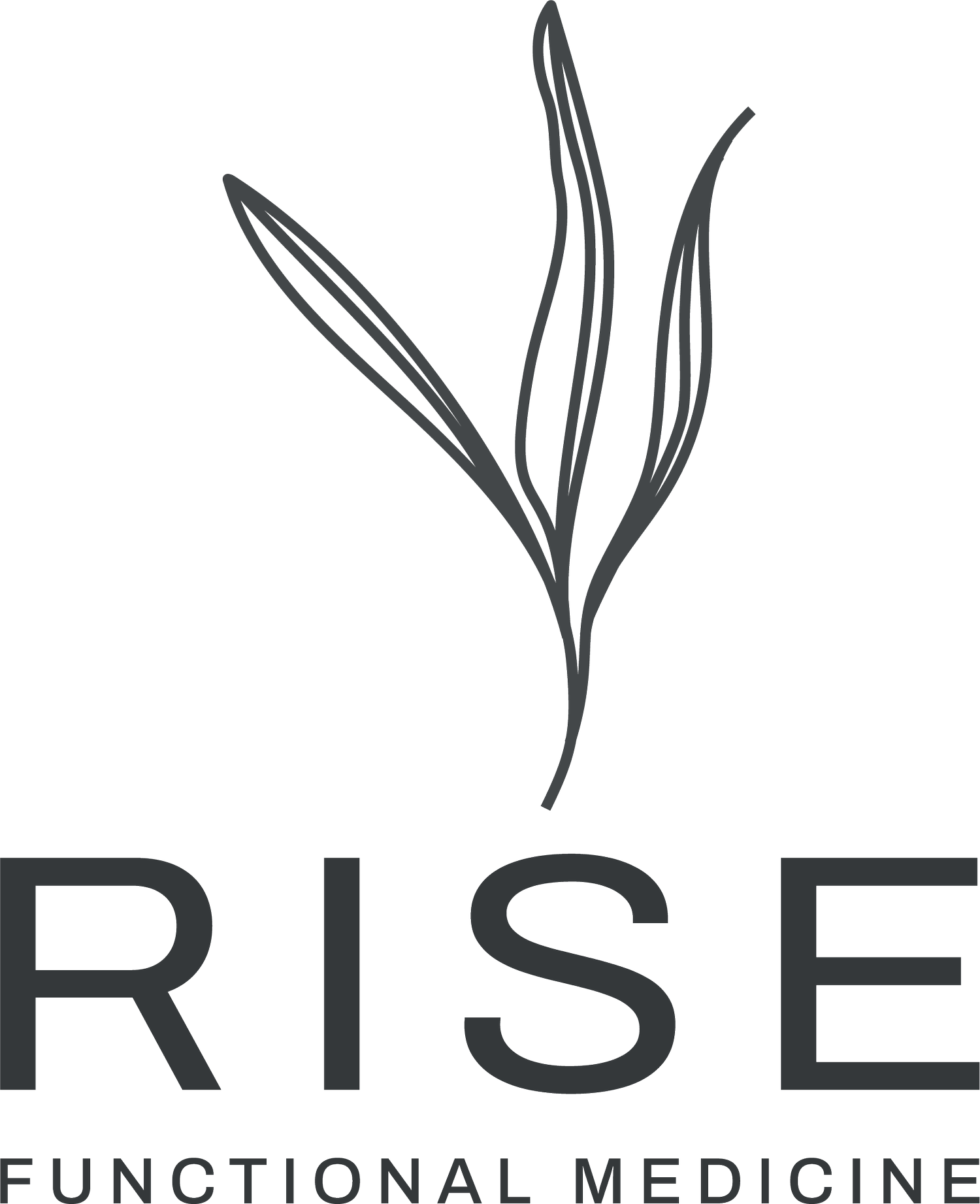Your Genes, Sleep, and Estrogen!
What do our genetics have to do with perimenopause and sleep?
The COMT (catechol-O-methyltransferase) gene (rs4680) plays a big part in how we metabolize our neurotransmitters and estrogens.
This gene codes for an enzyme that breaks down catecholamines like norepinephrine (think adrenaline/stress neurotransmitters).
There is a variant of this gene (commonly referred to as "COMT met/met” or “slow COMT”) that affects up to 25% of the population which slows COMT enzyme activity.
This gene also plays a big role in estrogen metabolism so I often see perimenopausal women with this variant struggle with insomnia and anxiety… So with estrogen spikes in perimenopause, there may be a backup in adrenaline metabolism. It helps to look at the pathway to understand- see diagram below:
COMT breaks down Epinephrine and Norepinephrine. SAM-e and magnesium are cofactors.
There are some benefits to this variant, like improved cognitive function and focus!
I have this genetic variant, so I get it! When counseling patients with this variant, we go deep into stress management techniques and I will develop a personalized stress management program with them. It’s also important to avoid substances that increase dopamine or norepinephrine like alcohol or caffeine as these can bog down the pathway!
Other considerations include:
Caution with methylated B vitamins, EGCG and Quercetin- these can slow COMT
SAMe supplementation can sometimes help (cofactor for enzyme’s activity)
Creatine (The body uses a lot of creatine to make SAMe, which is needed for this enzyme’s activity)
Magnesium optimization, which supports COMT enzyme function
Optimize estrogen metabolism with liver support
This gene is found on many genetic tests. We typically find the variant with GeneSite/GenoMind testing or 3x4 genetic testing. Some people choose to identify it in their 23andMe raw data.
Do you have a slow COMT? What strategies have been useful for you?
US National Library of Medicine. National Center for Biotechnology Information. COMT catechol-O-methyltransferase [ Homo sapiens(human) . https://www.ncbi.nlm.nih.gov/gene/1312?_ga=2.142870133.1107108497.1603813476-548688920.1603725609 Accessed October 27, 2020.
US National Library of Medicine. National Center for Biotechnology Information. PubChem Pathway Summary for Pathway PA145011118,Estrogen Metabolism Pathway, Source: PharmGKB. https://pubchem.ncbi.nlm.nih.gov/pathway/PharmGKB:PA145011118. Accessed October 27, 2020.
Hall KT, Battinelli E, Chasman DI, et al. Catechol-O-Methyltransferase and Cardiovascular Disease: MESA.J Am Heart Assoc. 2019;8(24):e014986. doi:10.1161/JAHA.119.014986


